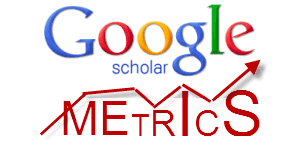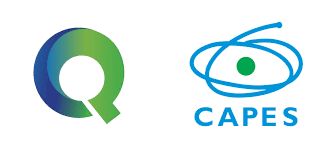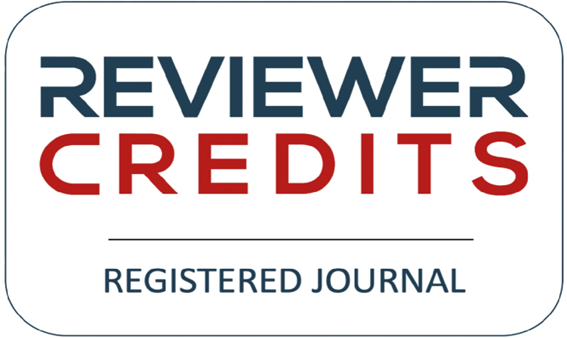AVALIAÇÃO DE ATIVOS INTANGÍVEIS PARA A GESTÃO DO CONHECIMENTO
Palavras-chave:
Estratégia, Gestão do conhecimento, Mensuração de ativos intangíveis, Capital IntelectualResumo
Na história das civilizações, o conhecimento sempre ocupou um lugar de destaque, principalmente por sua estreita relação com o poder. Na dinâmica do mundo contemporâneo, onde a eficácia das soluções tornou-se elemento-chave para o sucesso das organizações e o conhecimento reafirmou a sua importância em estabelecer diferenciais competitivos, torna-se necessário incorporá-los explicitamente aos modelos de gestão bem como desenvolver métricas para avaliá-lo. A mensuração do conhecimento e de outros ativos intangíveis, desde então, tem sido uma questão debatida freqüentemente no âmbito acadêmico e também em muitas empresas consideradas “intensivas em conhecimento”. Entretanto, o assunto tornou-se controverso devido, acima de tudo, ao grau de subjetividade existente nas atribuições de valores dos ativos intangíveis. O objetivo deste artigo consiste em apresentar os principais métodos de avaliação de ativos intangíveis vis-à-vis os métodos tradicionais de custeio.
INTANGIBLE ASSETS EVALUATION FOR THE KNOWLEDGE MANAGEMENT
ABSTRACT
In the history of civilizations, knowledge has always been highlighted, mainly because of its close relation with power. In the modern world, where the efficiency in solving problems has become the main component for the success of companies and the knowledge is responsible for putting some companies ahead in competitions, it is necessary to insert them in the management models as well as finding a way to measure them. Measuring the knowledge and other intangible assets, has been discussed among university students and in companies which are more worried about knowledge. There are some controversies about this subject because its high level of subjectivity, when measuring the intangible assets. This article aims to show the main methods to evaluate the intangible assets versus the traditional ones.























